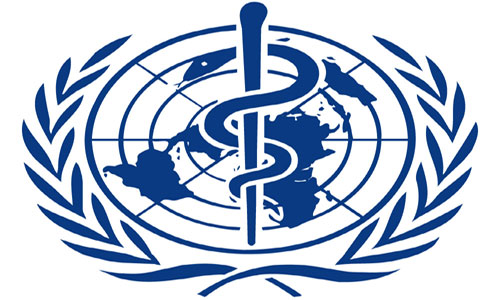|
People need action not platitudes from WHO
Daily Mirror Editorial Nov 8, 2011 | |
 Avital role in the worldwide work of the United Nations needs to be played by the World Health Organization (WHO) because health is wealth and therefore the WHO has to diagnose and give an effective remedy to reduce the gap between the rich and the poor because poverty is the most widespread disease and hunger the biggest killer. But world health rights’ campaigners have expressed their disappointment with the Rio Declaration issued by the WHO conference on Social Determinants of Health. The campaigners had gathered at the meeting to counter what WHO’S own expert commission called, “the toxic combination of poor social policies, unfair economic arrangements and bad politics that result in the unequal distribution of health and other unhealthy experiences. They were concerned that the Rio Political Declaration on Social Determinant of Health would do little to address growing health inequalities or to prevent the wholesale privatization of public health systems, which some governments are already ushering in under the cover of deficit reduction strategies during the current financial crisis. Campaigners have issued an alternative civil society Rio Declaration, developed through widespread consultation in a process led by the People’s Health Movement. Professor David Sanders of the University of the Western Cape questioned why trade, climate change, the brain drain of health workers from developing countries to rich countries and other issues had been ignored in the official Rio Declaration. Many of the recommendations made by civil society groups coincide with the recommendations of the Commission on the Social Determinants of Health, which WHO itself set up and have since largely ignored or buried, in the words of Professor Fran Baum, one of the members of the Commission. Recommendations the campaigners wanted to be introduced into the official declaration include, the use of progressive taxation; wealth taxes and the elimination of tax evasion to finance action on the social determinants of heath; regulate and protect populations from health hazards emanating from commercial activities, such as those created by the tobacco, alcohol, breastmilk substitutes, high fat and sugar processed food and the petroleum and extractive industries; develop and adopt a code of conduct in relation to the management of institutional conflicts of interest in global health decision making; provide equitable universal healthcare coverage including high quality promotive, preventive, curative and rehab health services throughout the life cycle-based comprehensive primary healthcare; press for high income countries to adequately compensate poor countries for their substantial losses in the form of migrant health professionals; innovative mechanisms that may include repatriation of taxes paid by immigrant health professionals. According to health campaigners, the WHO should recognize explicitly the ways in which the current structures of global trade regulation shape health inequalities and deny the right to health and develop and implement reliable measures of societal wellbeing that go beyond economic instruments. Mike Brady, Campaigns and Networking Coordinator at Baby Milk Action said, social determinants of health were a shorthand term for the social, economic, political, cultural, and environmental factors that impact on health. WHO Director General Margaret Chan, said during the opening ceremony, “We have to put the health of people before the health of corporations”, which is right, but the WHO, meaning the Secretariat and the Member States, need to commit themselves to practical action, not just issue platitudes. Member States must reassert their democratic legitimacy to set health policies in the public interest and face down vested interests that continue to sabotage health, often while proclaiming to be a force for good. Source: Daily Mirror - Sri Lanka
|
|